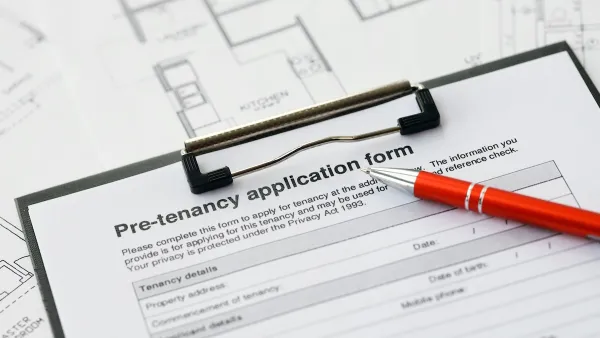Under the new law, developers, deployers, and businesses using AI systems at “high-risk” for bias discrimination in critical areas like housing will be required to account for risks and be transparent about how the technology is being used.

Lawmakers in Colorado have passed the nation’s first bill aimed at protecting people against AI algorithmic discrimination in critical areas like housing, employment, and healthcare, according to a People of Color in Tech article by Samara Linton. This comes just weeks after the U.S. Department of Housing and Urban Development issued a warning that AI-powered software used to select tenants for rental housing and target housing advertisements can introduce bias and potential discrimination into the process.
Under SB205, developers, deployers, and businesses using “high-risk artificial intelligence systems — defined as those that “can potentially lead to differential treatment based on protected classifications such as age, disability, race, religion, or sex” — will be required to notify the Colorado attorney general of discriminatory risks and outcomes, have risk management strategies in place, and be transparent with the public about AI’s purpose and the types of decisions it’s being used for.
Linton reports that the legislation faced pushback from the tech industry, which argues a state-by-state approach to AI regulation could stifle innovation — the same argument that led Connecticut Governor Ned Lamont to veto a similar bill earlier this month. “Other states are closely watching the outcome of Colorado’s legislative efforts. More than 40 states, including California, are considering some 400 AI-related bills, many of which address discrimination issues,” Linton writes.
FULL STORY: Colorado Passes Landmark AI Regulation Bill To Tackle Discrimination

Maui's Vacation Rental Debate Turns Ugly
Verbal attacks, misinformation campaigns and fistfights plague a high-stakes debate to convert thousands of vacation rentals into long-term housing.

Planetizen Federal Action Tracker
A weekly monitor of how Trump’s orders and actions are impacting planners and planning in America.

San Francisco Suspends Traffic Calming Amidst Record Deaths
Citing “a challenging fiscal landscape,” the city will cease the program on the heels of 42 traffic deaths, including 24 pedestrians.

Defunct Pittsburgh Power Plant to Become Residential Tower
A decommissioned steam heat plant will be redeveloped into almost 100 affordable housing units.

Trump Prompts Restructuring of Transportation Research Board in “Unprecedented Overreach”
The TRB has eliminated more than half of its committees including those focused on climate, equity, and cities.

Amtrak Rolls Out New Orleans to Alabama “Mardi Gras” Train
The new service will operate morning and evening departures between Mobile and New Orleans.
Urban Design for Planners 1: Software Tools
This six-course series explores essential urban design concepts using open source software and equips planners with the tools they need to participate fully in the urban design process.
Planning for Universal Design
Learn the tools for implementing Universal Design in planning regulations.
Heyer Gruel & Associates PA
JM Goldson LLC
Custer County Colorado
City of Camden Redevelopment Agency
City of Astoria
Transportation Research & Education Center (TREC) at Portland State University
Jefferson Parish Government
Camden Redevelopment Agency
City of Claremont





























